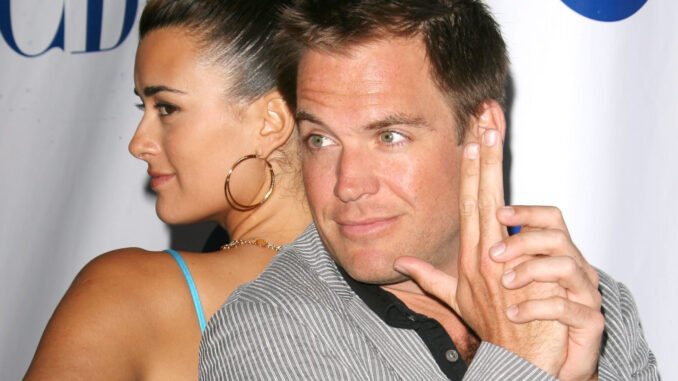
From Boss to Sniper: When Gibbs Ended the Threat in One Shot
Leroy Jethro Gibbs, the granite-faced, coffee-guzzling leader of NCIS, is known for his rules, his head slaps, and his uncanny ability to solve crimes that would leave lesser investigators scratching their heads. He's a force of nature, a mentor, a father figure (in his own gruff way), and above all, a highly skilled agent. But beyond the gruff exterior and the leadership qualities, lies a past deeply etched with the pain of loss and the steely resolve forged in the fires of conflict. It's this complex tapestry that allows him to transition seamlessly from commanding his team in the bullpen to becoming a lethal sniper, ending a threat with a single, decisive shot.
The transition isn't just a switch he flips. It's a layering process, like the building of a Gibbs boat, each plank representing a different facet of his being. First comes the boss. Gibbs, the shepherd of his flock. He observes, analyzes, guides, and protects. He uses his intuition, his decades of experience, and his understanding of his team's strengths and weaknesses to navigate the labyrinthine world of Navy crimes. He's the strategic thinker, the problem solver, the facilitator. When the stakes are high, and the pressure mounts, Gibbs remains a calming presence, his voice a low rumble amidst the chaos, directing his team with unwavering certainty.
However, when the strategic approach fails, when diplomacy breaks down, and when innocent lives are directly threatened, the second layer emerges: the Marine. The honed reflexes, the unflinching focus, and the ingrained instinct to protect those who cannot protect themselves. This is the Gibbs who saw action overseas, who lost his family, who learned the brutal realities of war firsthand. The Marine is not ruled by sentiment or hesitation. He is driven by a cold, calculating logic, assessing the threat with clinical precision.
This is where the third layer, the sniper, takes precedence. The sniper is not simply a marksman; he is a master of patience, observation, and control. He is a ghost, unseen and unheard, waiting for the perfect moment to strike. He understands the physics of trajectory, the impact of wind, the subtle nuances of breath control. He is a predator, locked in a deadly dance with his prey, a dance where the slightest misstep can mean the difference between life and death.
The moment Gibbs transforms from boss to sniper is often marked by a subtle shift in his demeanor. The playful banter fades, the head slaps cease, and a palpable intensity radiates from him. He becomes quieter, more focused, his eyes narrowed, taking in every detail of the environment. His movements become deliberate, almost robotic, as he slips into the mindset of a precision instrument.
Think of the countless scenarios where Gibbs has been forced to make that transition. Imagine a hostage situation spiraling out of control, the perpetrator's intentions becoming increasingly violent. Gibbs, the boss, has tried reasoning, negotiating, and distracting. But all avenues have been exhausted. The lives of innocents hang precariously in the balance.
In that moment, the Marine takes over. Gibbs finds a vantage point, a rooftop, a window, wherever provides him the necessary line of sight. He assesses the situation, not with emotion, but with cold, hard logic. He analyzes the target, identifies the threat, and calculates the precise moment to neutralize it.
The sniper is now in control. He breathes deeply, slowing his heart rate, focusing all his energy on the crosshairs of his rifle. He anticipates the target's movements, predicting their next action. He is a master of anticipation, a virtuoso of precision.
Then, with a breath held and a finger steadily squeezing the trigger, the shot rings out. A single, clean shot, ending the threat, saving lives. The immediate aftermath is often chaotic, but Gibbs remains unmoved, his focus unwavering. The sniper retreats, the Marine recedes, and the boss returns to pick up the pieces, to comfort the victims, and to lead his team through the aftermath.
The transformation from boss to sniper is not a glorification of violence. It's a testament to the complex nature of duty, loyalty, and the sacrifices required to protect those you care about. It underscores the burden of responsibility that Gibbs carries, a weight forged in tragedy and honed by years of experience. He is more than just a boss, more than just a Marine, more than just a sniper. He is a protector, willing to do whatever it takes, even if it means becoming the very thing he despises, to ensure the safety of others. His single shot, in the end, is not just an act of violence; it is an act of sacrifice, a symbol of the unwavering commitment that defines Leroy Jethro Gibbs.